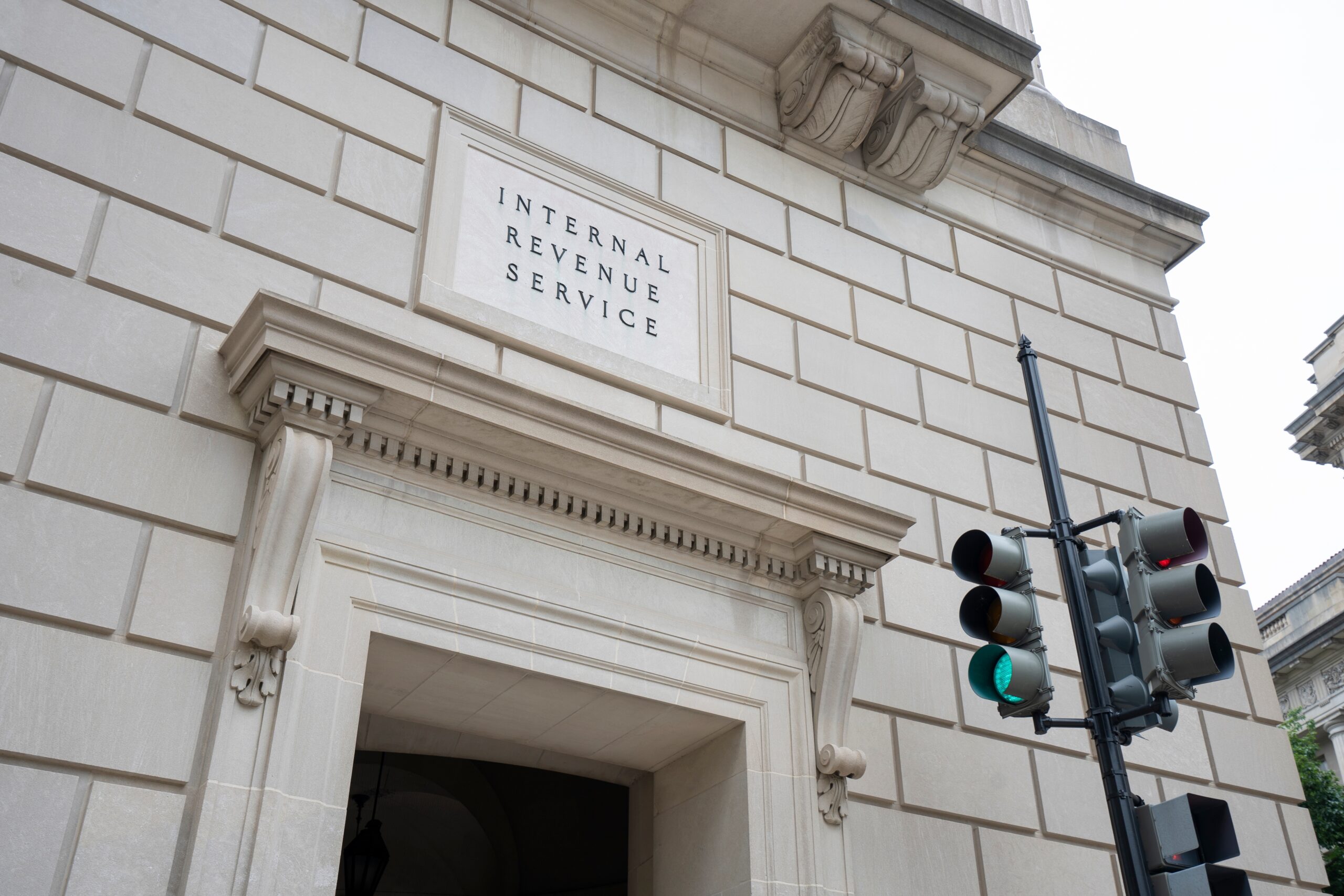If you’ve owed taxes for years, it can feel like the IRS will never stop calling. In reality, federal law gives the IRS 10 years to collect most debts — after that, the balance expires. This is called the Collection Statute Expiration Date (CSED).
When the Clock Starts
The 10-year period begins when the IRS formally assesses your tax, usually after you file a return or the agency files one on your behalf. Once the CSED passes, the IRS must stop all collection activity.
New York State, however, follows a 20-year statute of limitations on collections — making it critical to know which rules apply to your situation.
What Can Pause the Clock
Some events temporarily suspend the 10-year timer, including:
- Bankruptcy filings
- Offer in Compromise submissions
- Innocent Spouse Relief requests
- Living outside the U.S.
- Active appeals or hearings
Why Knowing Your CSED Matters
Understanding your expiration dates helps you plan strategically. Sometimes, the smartest move is to stay compliant and let the time run out rather than rushing into an unnecessary payment.
At Fine & Clear Tax Solutions, we analyze both federal and state statutes to build a clear path toward resolution. Whether your debt is with the IRS, NY State, or both, we’ll help you determine when the clock truly stops.

